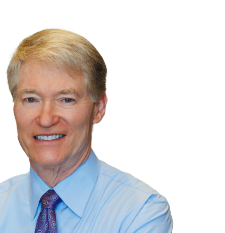 Your eyes are one of your most noticeable facial features. In fact, they are usually one of the first things others notice about you and strongly affect their first impression of you. While wide eyes are often thought to be a sign of energy and alertness, small eyes can give the impression that you are tired or even upset. Eyelid surgery (blepharoplasty) is a great way to enhance the eyes, making them appear wider and even younger. Dr. George Sanders explains more in this blog post.
Your eyes are one of your most noticeable facial features. In fact, they are usually one of the first things others notice about you and strongly affect their first impression of you. While wide eyes are often thought to be a sign of energy and alertness, small eyes can give the impression that you are tired or even upset. Eyelid surgery (blepharoplasty) is a great way to enhance the eyes, making them appear wider and even younger. Dr. George Sanders explains more in this blog post.
Why Do My Eyes Appear Small?
Puffy or droopy skin on the upper eyelids is a common side effect of the natural aging process. Over time, the skin loses its elastic quality, causing it to droop. In some cases, the skin on the upper eyelids can sag so low that it hangs below the eyelash line and partially covers the black pupil. Not only does this cause the eyes to appear smaller, but it can also impair vision. To make matters worse, drooping, sagging skin on the upper eyelids can weigh heavily on the eyes, making it difficult to open them properly. This can cause headaches and fatigue. In addition, a person will compensate by lifting their eyebrows, which produces forehead wrinkles. The effects of aging can also affect the lower eyelids. Excess fat and skin can accumulate under the lower eyelids, causing the eyes to appear smaller and puffy, making a person look tired.
How Eyelid Surgery Can Help
Eyelid surgery enhances the appearance of the eyes in many ways. First, the procedure removes excess skin and fat from the upper and lower eyelids. Without this excess baggage, the eyes are no longer overshadowed, and they appear larger. In addition, it becomes easier to open the eyes wide. Eyelid surgery also tightens the skin of the upper lids and gently raises them to a higher and more youthful position on the face. The result is a more energetic and rested appearance.
If puffy, saggy eyelid skin and fat are causing your eyes to look smaller than in previous years, it may be time to consider eyelid surgery. To learn more about the procedure, please schedule a consultation with Dr. Sanders. Contact our office by calling 818.981.3333 or sending us an email today.





